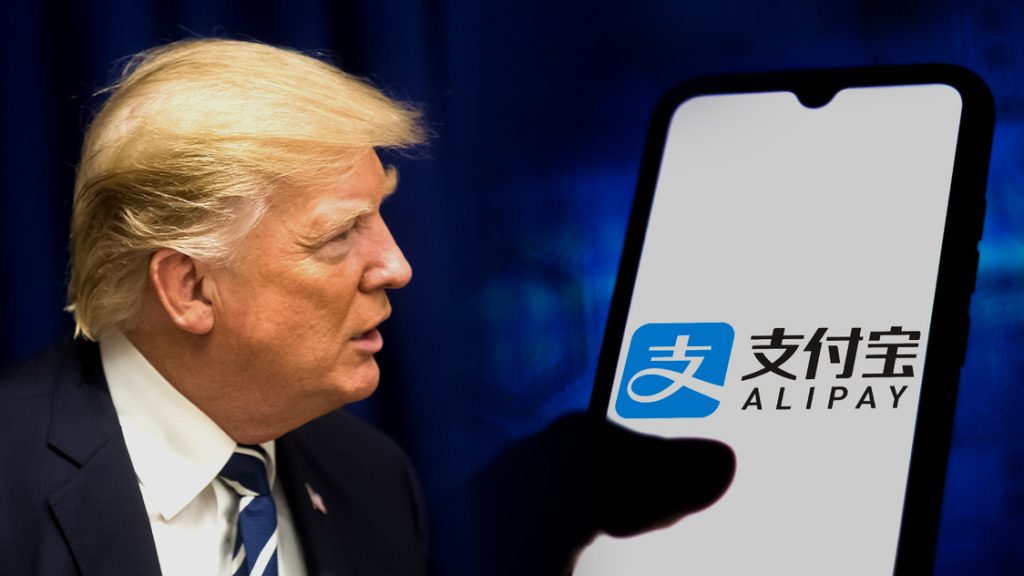Intel launches the RealSense ID Facial Recognition System using depth-sensing cameras
Intel introduced the RealSense ID facial recognition system advancing in the depth-sense technology to help users unlock at a glance. The company introduced the Intel RealSense ID on Wednesday which will be available to most countries at the end of Q1 2021. The active depth sensors used in the RealSense cameras provide a touch-free unlocking solution. Intel claims that this new design will deliver absolutely secure and accurate facial recognition authentication. The Intel RealSense ID can be used in ATMs, smart locks, access control, etc.
How does the RealSense ID work?
RealSense ID is built on the company’s depth-sensing technology. The dept sensors in the camera use a neural network to identify faces. It is a dedicated system-on-a-chip development that has a secure element to encrypt and process user data. The advanced Artificial Intelligence used in these sensors eventually helps the device to learn and adapt to a face over time. It studies all the facial features thoroughly from facial hair to a variety of skin tones. Rigorous testing of the Intel RealSense ID has been done on faces from different nationalities on every continent. This is done to eliminate the chances of false positives or negatives. The camera will also work if the person is putting a mask on which is a common observation since the outbreak of COVID-19.Intel claims that it provides a one-in-a-million false acceptance rate.

Intel RealSense ID is not expected to be used on a laptop or a phone. This module is designed to ensure more safety and security thus can be spotted in places like ATMs or entrance gates. Intel RealSense ID can either be integrated into other products or work as a standalone after plugged into a computer. Intel has made a great attempt to get its camera business on track but this time towards creating a safer and secure environment. Though the company elaborated about where this device can be used but didn’t mention if it can be used in government agencies for tracking and profiling people.
Price and availability of Intel RealSense ID
There is more than one module of RealSense ID that will be launched in the market. The price of Intel RealSense ID F455 Peripheral is $99 whereas the Intel RealSense ID F450 module is priced at $750. You can preorder these modules right now but the products will be shipped during the first week of March. The products will be shipped to India as well as per the official website.
The future of RealSense
Intel is working on the potential of RealSense ID especially as it trained the camera using a diverse sample of faces. Intel told VentureBeat in a press briefing that the device was trained using an extensive data collection as samples belonged to Asia, Europe, and Middle East Africa. Though the false acceptance rate is very low they will now wait for the outside researchers to test it and comment on it.
Apart from the Intel RealSense ID that is designed exclusively for facial recognition, the company has also announced RealSense Touchless Control Software (TCS). This software also used Intel’s RealSense depth camera to allow interaction with a touch screen only by hovering your finger rather than actually touching the screen. This is impressive software especially when we are fighting a pandemic. TCS can be a great deployment in crowded public places like shopping malls, restaurants, automated teller machines, retailers, etc. The software mainly transforms touch-based to touchless interactions in a cost-effective way.
TCS is combined with an Intel RealSense Depth Camera D435 to convert into a touchless system without changing anything in the core software. TCS can be easily incorporated into new and existing systems to establish a safer communication way in public places.
Advancements in the facial recognition system
A facial recognition system is a common development that took place after the advent of AI. But, most of the recognition system shows a higher possibility of false positives. Sometimes the camera is unable to distinguish between genders or fails to identify faces with darker skin tones. One of the reasons for this failure might be that when the device was tested a diverse sample was not used to train the system. For example, Rekognition, the facial recognition software by Amazon faces difficulties identifying faces with dark complexion than a fairer skin tone.

Annasha Dey is an NIT student, who apart from studying engineering is also a content writer. She has a great interest in photography, writing, reading novels, and travelling as well. She is a foodie who loves socializing and hanging out with her friends. She is also a trained Kathak dancer and a big fashion enthusiast. Dey also loves watching TV series, which includes F.R.I.E.N.D.S. and Big Bang Theory. To be a better writer she prefers to read more




